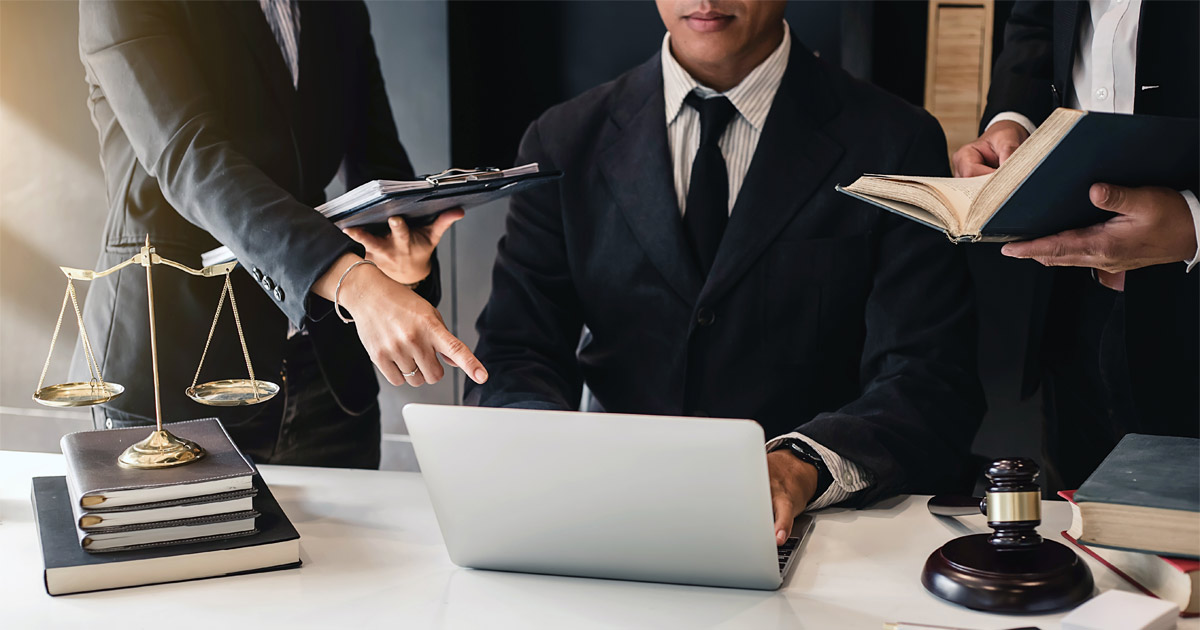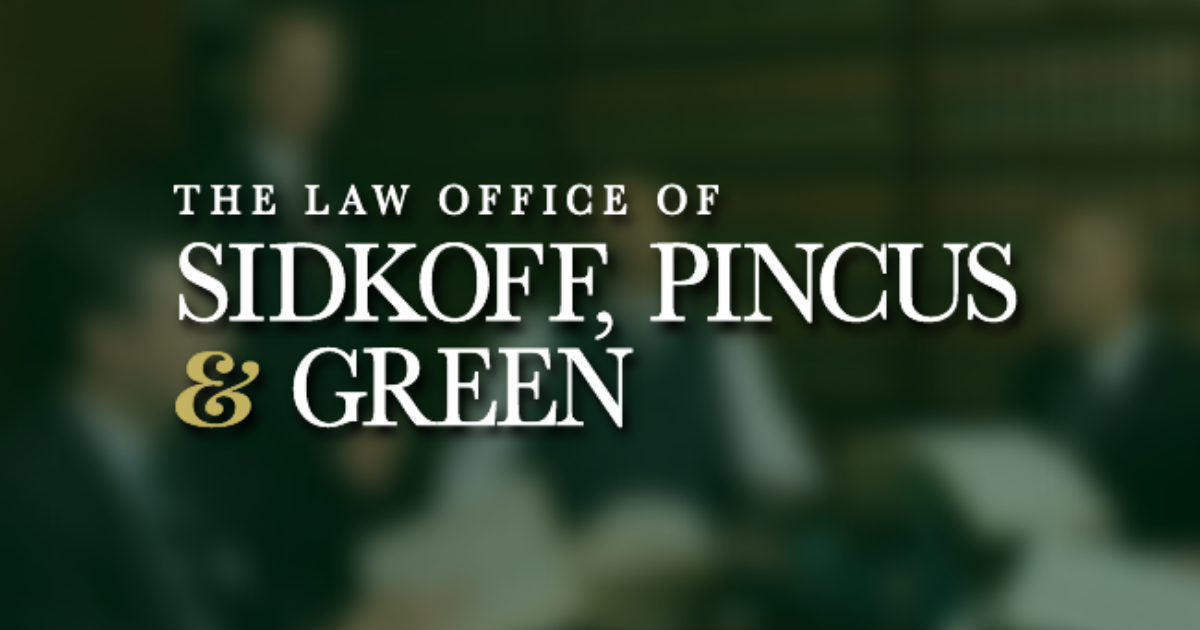How to Handle Intellectual Property Licensing?

Intellectual property (IP) licensing is crucial for businesses in the modern digital age. It is an area that requires careful management and understanding.
An IP license is an agreement where the owner of an intellectual property (licensor) grants permission to another party (licensee) to use, produce, or sell the licensor’s IP. It is important to note that the licensor retains intellectual property ownership. The licensee merely receives the rights to use the IP under specific terms and conditions outlined in the licensing agreement.
Businesses might need to license their IP for several reasons. First, it allows them to monetize their intellectual property without producing or selling products themselves. This means they can earn revenue through royalties. Second, it can help expand market reach by allowing others to sell or produce the product or service in different regions or sectors. Lastly, licensing can foster strategic partnerships and collaborations, driving innovation and growth.
Types of IP Licensing
Three main IP licensing types exist:
- Exclusive licensing: In this arrangement, only the licensee can use, produce, or sell the licensed IP. Even the original owner (licensor) cannot use the IP in the way stipulated in the agreement.
- Sole licensing: Under an exclusive license, both the licensee and the licensor can use the IP. However, the licensor cannot grant additional licenses to other parties.
- Non-exclusive licensing: In a non-exclusive license agreement, the licensor retains the right to grant licenses to multiple parties, including using the IP.
Pros and Cons of IP Licensing
Like any business decision, IP licensing has its advantages and disadvantages. On the positive side, IP licensing can provide additional income streams, expand market reach, and foster business partnerships. It can also mitigate risk as the licensee often assumes the costs and risks associated with manufacturing, marketing, and selling the product or service.
However, IP licensing also has potential downsides. Poorly drafted agreements can lead to disputes over royalties, usage rights, and the scope of the license. There is also the risk of the licensee damaging the reputation of the IP if they produce or sell substandard products or services.
Examples of IP Licensing
- Franchising: One of the most common examples of IP licensing is franchising. Companies like McDonald’s, Starbucks, and Subway license their brand name, operating methods, and products to franchisees who open and operate their locations in these famous chains. The franchisees pay royalty fees to use the franchisor’s IP.
- Software licensing: Companies like Microsoft or Adobe license their software to users. You are not buying the software outright when you purchase a software product from these companies. Instead, you are purchasing a license to use the software subject to the terms and conditions of the licensing agreement.
- Merchandising: Entertainment companies often license their intellectual properties for merchandising purposes. For example, Disney licenses its characters to toy manufacturers who produce and sell toys based on those characters.
- Patent licensing: Pharmaceutical companies often license new drug or medical device patents. The company that owns the patent grants another company the right to manufacture and distribute the drug or device, usually in exchange for royalty payments.
- Music licensing: Artists and record labels often license their music for use in movies, commercials, and other forms of media. The licensee pays a fee to the licensor (the artist or record label) for the rights to use the song or piece of music.
- Publishing rights: Authors often license their books for translation and publication in different countries. The foreign publisher pays a licensing fee to the original publisher for the rights to translate and publish the book in their country.
Licensing Your IP
To successfully license your IP, you must first identify your intellectual property and ensure it is legally protected. Next, find potential licensees who are a good fit for your IP. Prepare a comprehensive licensing agreement that clearly outlines all parties’ terms, conditions, rights, and responsibilities. It is advisable to seek legal counsel during this process to ensure the agreement is robust and protects your interests.
Philadelphia Business Lawyers at Sidkoff, Pincus & Green P.C. Can Keep Your IP Protected
Your business’s IP is crucial to your brand and your success. You need a firm ready to help you protect your IP. To get legal support, speak with our Philadelphia business lawyers at Sidkoff, Pincus & Green P.C. Call us at 215-574-0600 or contact us online to schedule a consultation. Located in Philadelphia, we serve clients in Pennsylvania and New Jersey.

















